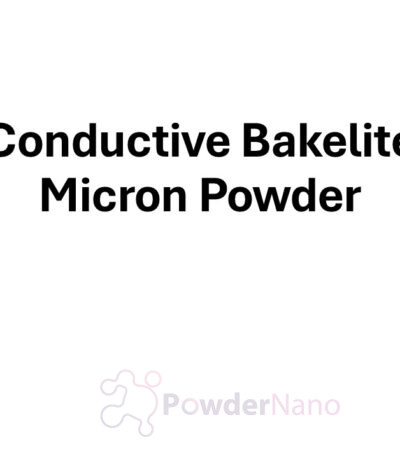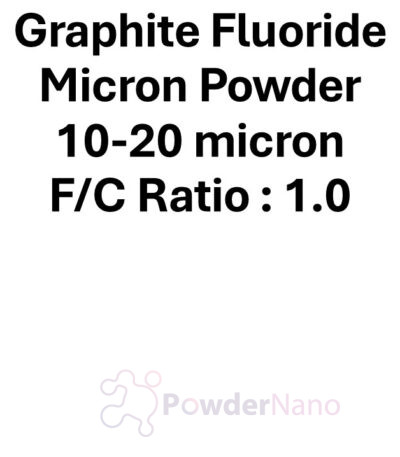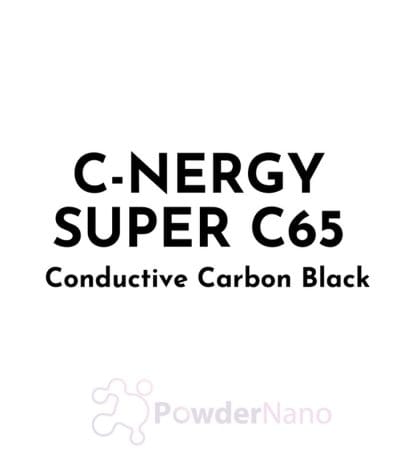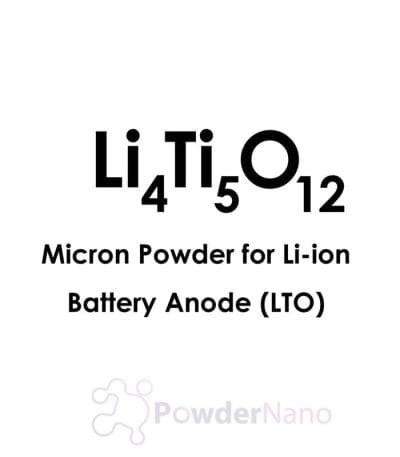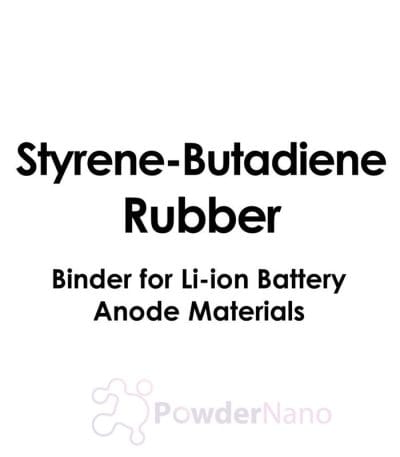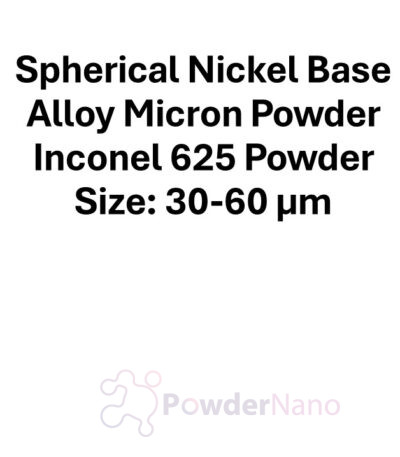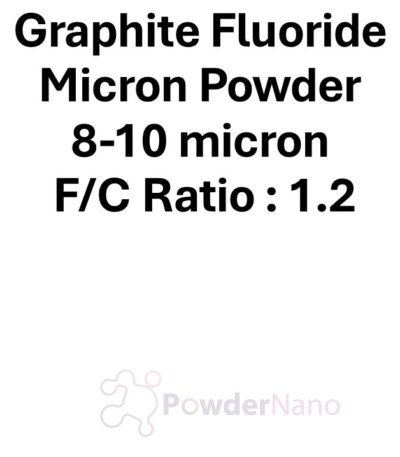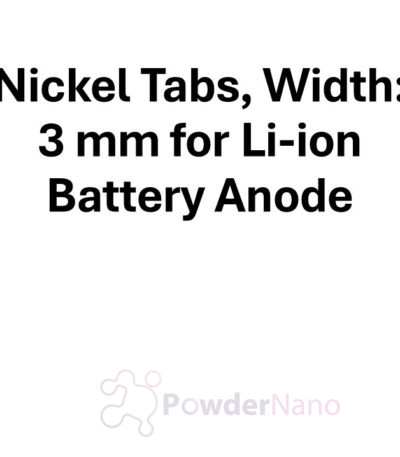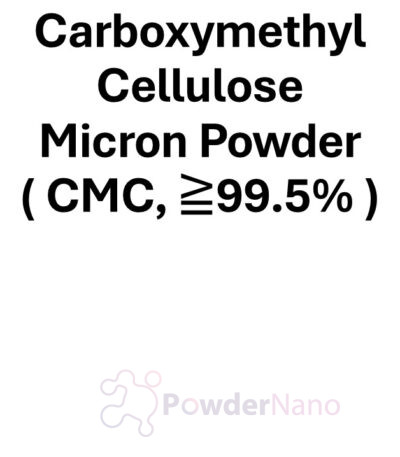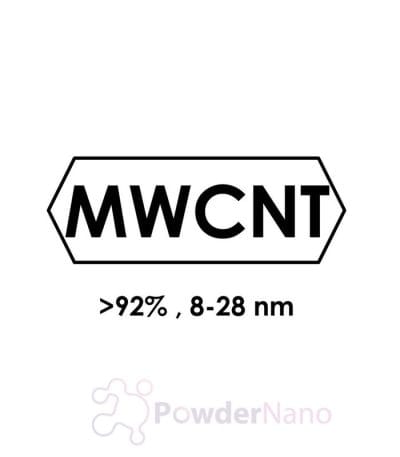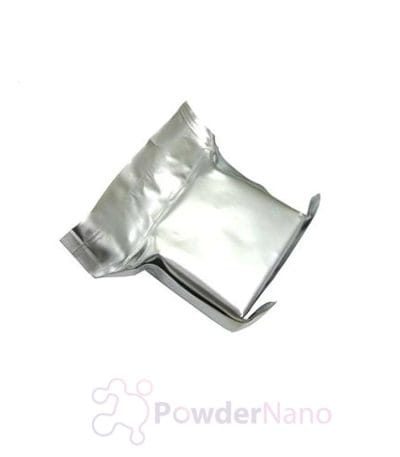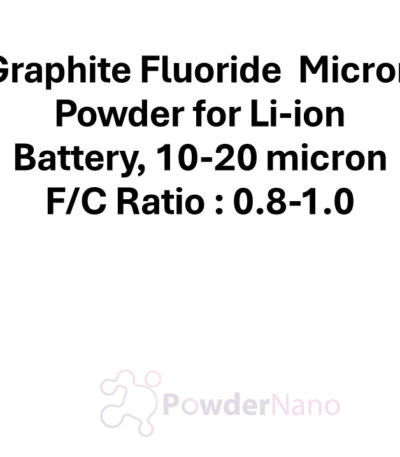Graphite Fluoride Micron Powder for Li-ion Battery (10-20 µm, F/C Ratio: 0.8-1.0)
Technical Specifications:
- Material: Graphite Fluoride (C₆F₆)
- Purity: Typically 99.9% or higher
- Particle Size: 10-20 µm (microns)
- Fluorine/Carbon Ratio (F/C): 0.8-1.0
- Shape: Typically irregular or flaky, depending on manufacturing process
- Density: Approximately 2.2 g/cm³ (for graphite fluoride)
- Melting Point: Decomposes at around 200-250°C (392-482°F), depending on composition
- Chemical Composition:
- Carbon (C): ~80-85%
- Fluorine (F): ~15-20%
Applications:
- Li-ion Battery Anodes:
- Graphite Fluoride is used as an additive in Li-ion battery anodes to improve capacity and voltage stability. The 10-20 µm particle size is ideal for forming stable composites with graphite, increasing the overall performance of the anode material. The addition of fluorine enhances the electrochemical properties of the battery, contributing to higher energy density and longer cycle life.
- The F/C ratio (0.8-1.0) ensures a balanced level of fluorine doping, optimizing ion conductivity and stability during charge and discharge cycles, essential for high-performance Li-ion batteries.
- Cathode Materials in Li-ion Batteries:
- Graphite Fluoride is also used in the production of cathodes in Li-ion batteries. Its fluorine content provides enhanced electrochemical stability and capacity retention over multiple charge cycles, making it an ideal component for batteries used in electric vehicles, energy storage systems, and portable electronics.
- The micron powder is incorporated into LiFePO₄, LiCoO₂, and other cathode materials to enhance their charge/discharge efficiency and electrical conductivity.
- High Energy Density Batteries:
- The inclusion of graphite fluoride in Li-ion batteries allows for the development of high-energy-density cells. The fluorine in graphite fluoride reacts with lithium ions during cycling, which helps to store and release more energy compared to traditional graphite-based anodes.
- This makes graphite fluoride powder a key material for next-generation batteries designed for electric vehicles, high-capacity energy storage applications, and portable power sources that require higher energy output and faster charging times.
- Supercapacitors:
- Graphite Fluoride can also be used in the development of supercapacitors, where it acts as a conductive material with high electrochemical stability and capacity. The micron powder is used to fabricate electrodes that improve the charging speed and energy storage capabilities of supercapacitors, making them suitable for rapid charge/discharge applications in power backup systems, consumer electronics, and automotive applications.
- Solid-State Lithium Batteries:
- Graphite Fluoride is explored in the field of solid-state lithium batteries, where it can be used to enhance the performance of solid electrolyte interfaces (SEI). This interface is crucial for stabilizing the anode during battery cycling and ensuring that the battery delivers consistent power.
- The micron powder contributes to solid-state battery designs that are lighter, more efficient, and longer-lasting compared to traditional liquid-based Li-ion batteries.
- Electronics and Energy Storage:
- Graphite Fluoride is incorporated into energy storage devices such as power banks, solar energy storage systems, and backup batteries for electronics. The micron powder improves energy density, cycle life, and rate capability, all of which are crucial for storing renewable energy and providing long-lasting power for gadgets, appliances, and off-grid systems.
- Electrochemical Capacitors:
- Graphite Fluoride is being studied for use in electrochemical capacitors, which store and release energy through an electrochemical reaction. The micron powder is used to enhance the capacitance and power density of these devices, improving their efficiency in electronic devices and electric vehicles where quick bursts of power are needed.
- Nanotechnology and Research:
- Graphite Fluoride micron powder is used in nanotechnology and material science research to develop novel materials for high-efficiency energy systems and advanced battery designs. Researchers are using the material to explore its potential for next-gen lithium batteries, high-capacity storage, and supercapacitor development.
- The powder is also used in battery testing to explore the electrochemical characteristics of graphite fluoride composites and to improve the performance metrics of modern battery technology.
- Thermal Management Systems:
- Graphite Fluoride is used in thermal management applications within Li-ion batteries to help dissipate heat and manage temperature fluctuations. The micron powder contributes to efficient heat conduction within high-capacity batteries, improving safety and performance in applications that involve high power and temperature-sensitive devices such as electric vehicles and portable electronics.
- Electric Vehicle Batteries:
- Graphite Fluoride is used in the production of batteries for electric vehicles (EVs), where its enhanced conductivity and high energy density significantly contribute to the range and efficiency of the vehicles. The micron powder is incorporated into Li-ion battery anodes and hybrid electric vehicle (HEV) batteries to increase charging speeds and provide extended vehicle range.
- It also helps in reducing the overall battery weight, a critical factor for EV manufacturers looking to improve fuel efficiency and reduce the overall vehicle weight.
Graphite Fluoride Micron Powder (CdSe, 99.95%, 10-20 µm, F/C Ratio: 0.8-1.0) is a high-performance material that enhances the energy density, charge/discharge rate, and cycle life of Li-ion batteries and supercapacitors. Its use in next-generation batteries for electric vehicles, portable electronics, and energy storage systems helps push the boundaries of battery performance and sustainability. The micron powder ensures efficient incorporation into battery anodes, cathodes, and electrode materials, facilitating high-capacity energy storage, fast charging, and long-lasting power solutions across various industries.
